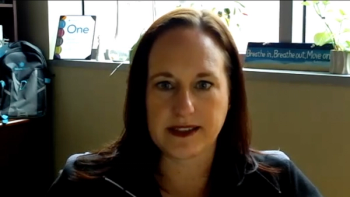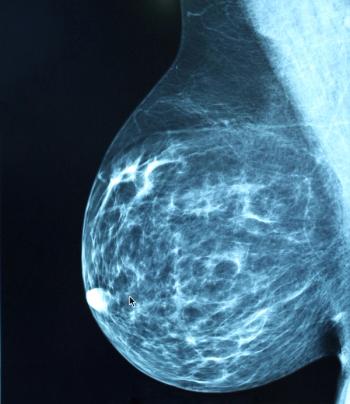
HHS sec tries new idea; to what end?
Did you know there is going to be a Center for Medicare and Medicaid Innovation? The authority comes from the new health reform law. And it appears to give the Health and Human Services Secretary enormous discretion to try almost any new idea she finds interesting.
Did you know there is going to be a
If this doesn’t strike you as a bit strange, you need to recall that in the entire 45 year history of Medicare and Medicaid these two insurance programs have almost never been the first to do anything. In fact, most significant changes in Medicare and Medicaid have come years after the rest of the market has already tried them out.
Medicare was probably the last major insurer in the country to cover prescription drugs. And even today it doesn’t cover (for all practical purposes) telephone or e-mail consultations, text messaging and a raft of other services private insurers are implementing.
Still, give Congress credit for one thing. It is acknowledging there is a problem.
By some estimates as much as one in every three health care dollars is wasted. If so, why aren’t entrepreneurs developing systems and products to do away with all that waste - just as they do in other markets?
As I pointed out in previous posts at, in a third-party payment system no one has an incentive to eliminate waste. There is a lot of innovation. But it’s the wrong kind of innovation.
With respect to the organization and financing of care, for example, there has been an enormous amount of innovative activity. Wherever there is third-party payment (almost 90% of the market) it has been of two forms: (1) helping the supply side of the market maximize against third-party reimbursement formulas or (2) helping the third-party payers minimize what they pay out. Of course, these developments have only a tangential relationship to the quality of care patients receive or its efficient delivery.
The tiny sliver of the market (less than 10%) where patients pay out of pocket has also been teeming with entrepreneurial activity. In this area, however, the entrepreneurs have been lowering costs and raising quality.
It is the failure to understand this distinction that is the root of the problem - both in Washington and in academic work.
Harvard health economist David Cutler, for example, has a paper on this very topic posted on the
He doesn’t venture into the field of education, but after 25 years of trying, if there were a way for third-party payment to make schools efficient don’t you think we would have found it by now?
He recounts various Medicare demonstration and pilot programs that try managed care, coordinated care, bundled care, pay-for-performance, electronic medical records, etc. He neglects to mention that both the Congressional Budget Office (CBO) and the Centers for Medicare and Medicaid Services (CMS) have concluded there is no real savings to be had here. (But, hey, you can’t expect him to reference every study, can you?)
So what is Cutler’s answer? It’s the same answer that is incorporated in the health reform legislation recently enacted: More pilot programs and demonstration projects of the very type that have failed. That means more managed care, more coordinated care, more bundled care, more pay-for-performance, more electronic medical records, etc. Will it work? Cutler responds, “Only time will tell.”
As I explained in previous posts, a new payment system is like a new military weapons system. Once it is in place, the enemy (the providers) will start innovating to minimize against it, while the weapons managers (the payers) will start innovating to protect their assets. We will have a new wave of innovation, but it will be the wrong kind of innovation.
So what is the real answer? Instead of funding more pilot programs, Medicare should immediately start rewarding the entrepreneurs who have already lowered costs and raised quality. It should unleash new entrepreneurship everywhere by opening its doors to every hospital and every doctor group that wants to be paid in a different way - provided that Medicare’s costs go down and quality of care goes up.
For the longer term, we need to reduce, not enhance, the role of third-party payment by turning to the casualty model of health insurance. If patients control the spending at every margin, cost-reducing, quality-improving innovation will not be far behind.
Newsletter
Stay up to date on recent advances in the multidisciplinary approach to cancer.





































